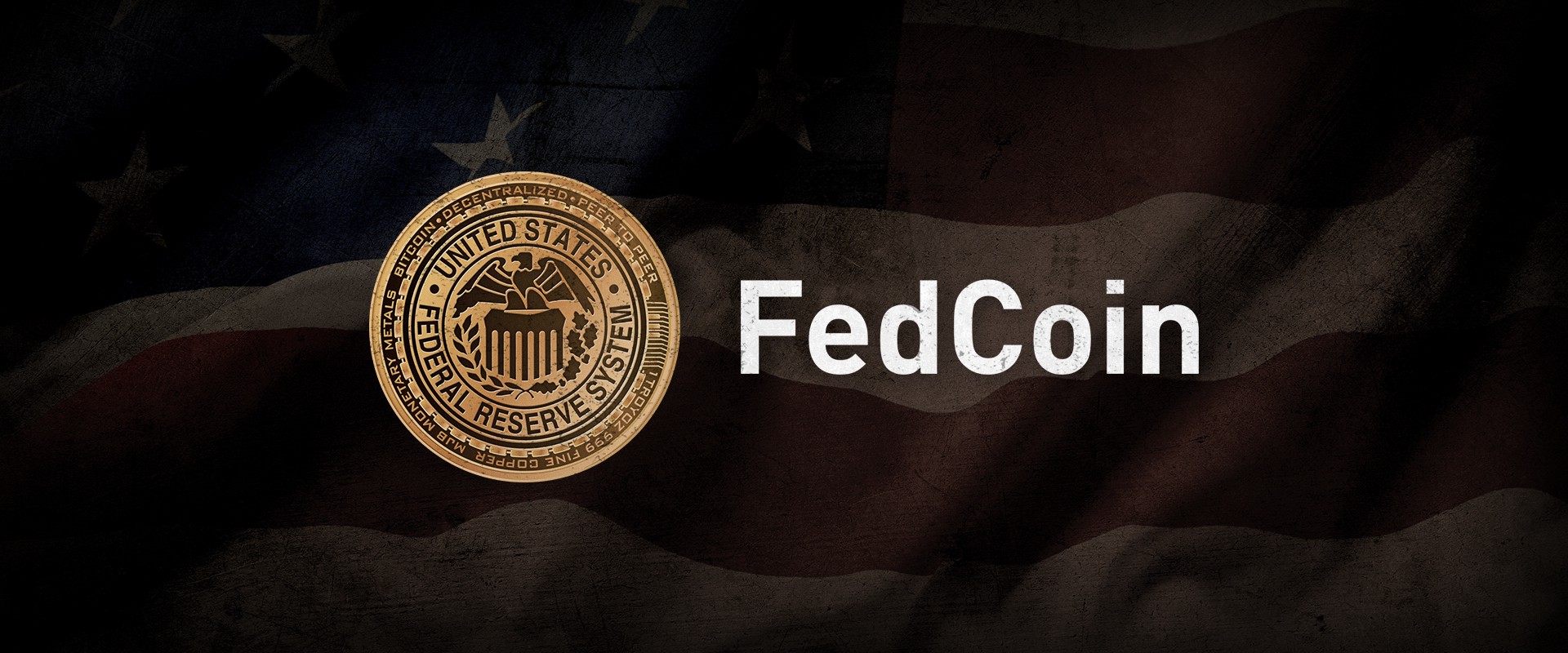PALO ALTO, Calif. (Reuters) - The Federal Reserve is taking a look at a broad range of issues around digital payments and currencies, including policy, design and legal factors to consider around possibly providing its own digital currency, Governor Lael Brainard stated Click to find out more on Wednesday. Brainard's remarks recommend more openness to the possibility of a Fed-issued digital coin than in the past." By transforming payments, digitalization has the potential to provide higher worth and convenience at lower cost," Brainard stated at a conference on payments at the Stanford Graduate School of Company.
Reserve banks internationally are debating how to manage digital finance technology and the distributed journal systems used by bitcoin, which guarantees near-instantaneous payment at possibly low expense. The Fed is establishing its own day-and-night real-time payments and settlement service and is currently examining 200 comment letters submitted late last year about the proposed service's style and scope, Brainard said.
Less than 2 years ago Brainard told a conference in San Francisco that there is "no compelling demonstrated requirement" for such a coin. But that was before the scope of Facebook's digital currency ambitions were extensively understood. Fed officials, consisting of Brainard, have actually raised concerns about consumer protections and data and privacy dangers that might be positioned by a currency that could come into use by the third of the world's population that have Facebook accounts.

" We are teaming up with other reserve banks as we advance our understanding of central bank digital currencies," she said. With more countries checking out issuing their own digital currencies, Brainard stated, that includes to "a set of factors to likewise be making sure that we are that frontier of both research study and policy advancement." In the United States, Brainard stated, concerns that require study consist of whether a digital currency would make the payments system more secure or easier, and whether it might pose monetary stability dangers, consisting of the possibility of bank runs if money can be turned "with a single swipe" into the main bank's digital currency.
To counter the monetary damage from America's unprecedented nationwide lockdown, the Federal Reserve has taken unprecedented steps, consisting of flooding the economy with dollars and investing directly in the economy. The majority of these relocations got grudging acceptance even from many Fed skeptics, as they saw this stimulus as required and something only the Fed could do.
My brand-new CEI report, "Government-Run Payment Systems Are Hazardous at Any Speed: The Case Against Fedcoin and FedNow," information the threats of the Fed's current plans for its FedNow real-time payment system, and proposals for main bank-issued cryptocurrency that have been called Fedcoin or the "digital dollar." In my report, I discuss concerns about privacy, data security, currency control, and crowding out private-sector competitors and development.
Proponents of FedNow and Fedcoin state the federal government needs to create a system for payments to deposit quickly, rather than encourage such systems in the economic sector by raising regulative barriers. But as noted in the paper, the economic sector is providing an apparently limitless supply of payment technologies and digital currencies to resolve the problemto the degree it is a problemof the time space in between when a payment is sent out and when it is gotten in a bank account.
And the examples of private-sector development in this area are numerous. The Cleaning Home, a bank-held cooperative that has actually been routing interbank payments in numerous types for more than 150 years, has actually been clearing real-time payments given that 2017. By the end of 2018 it was covering half of the deposit base in the U.S.